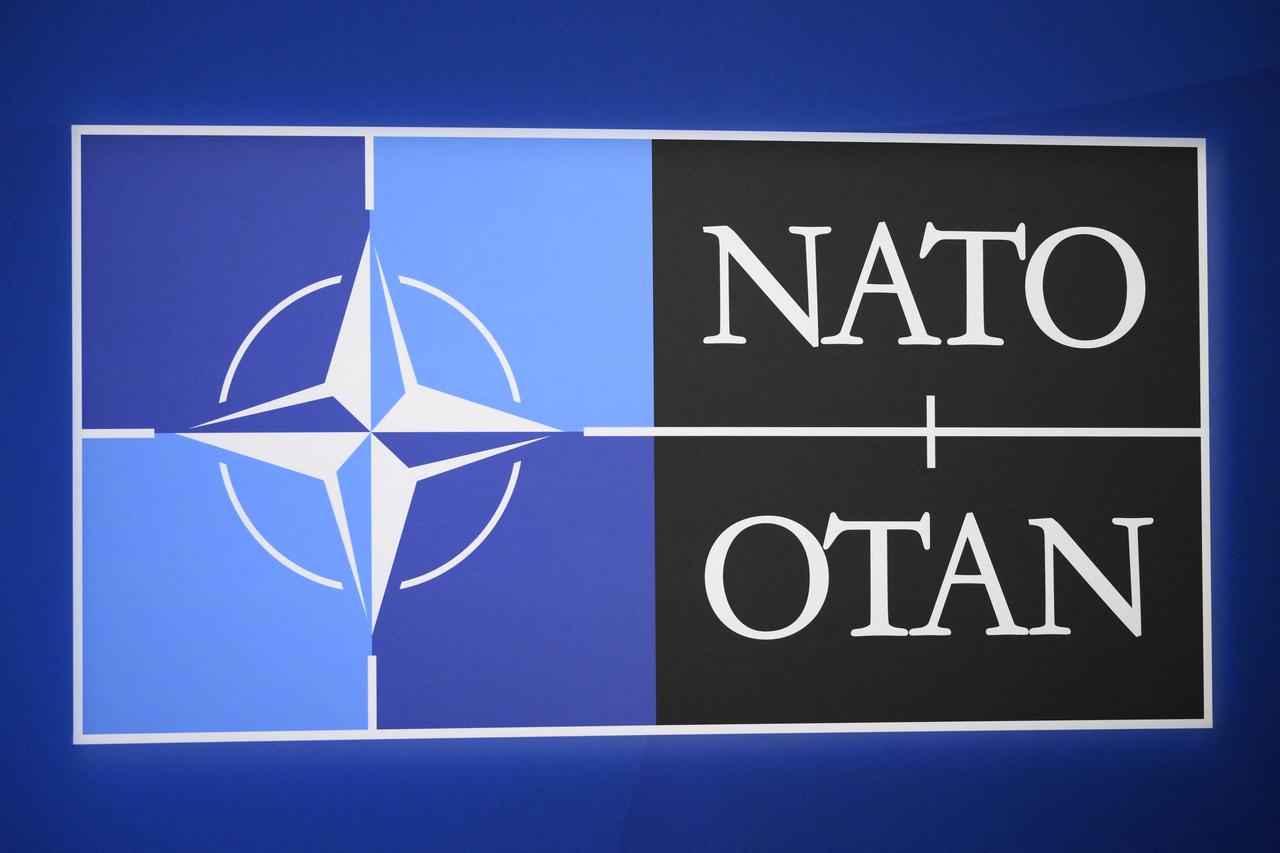
Spain Rejects NATO’s 5% Defense Spending Target, Creating Tension within Alliance
Amid escalating discussions surrounding NATO’s defense spending targets, Spain has taken a bold stance by openly rejecting the alliance’s proposal to increase spending to 5% of gross domestic product (GDP). This decision by Spanish Prime Minister Pedro Sánchez has sparked a rare fracture within NATO, exposing differing opinions among member states on the optimal allocation of resources for security and defense.
In a recent letter, Sánchez emphasized that committing to a 5% target would be unreasonable and counterproductive for Spain, as it would divert resources away from key areas of strategic spending. This move also highlights Spain’s commitment to supporting the European Union’s efforts to strengthen its security and defense ecosystem, aligning with the country’s foreign policy goals.
The decision by Spain comes at a critical moment for Euro-Atlantic security, with NATO allies facing increasing pressure to meet the demands set out by U.S. President Donald Trump. While most members have agreed to the 5% target, Spain’s dissent adds a new layer of complexity to the upcoming NATO summit in The Hague.
As discussions continue among allies regarding defense spending plans, Spain’s refusal to comply with the new benchmark underscores the challenges of achieving consensus within the alliance. With tensions rising and differing perspectives on security priorities, the future of NATO’s defense strategy remains uncertain.







